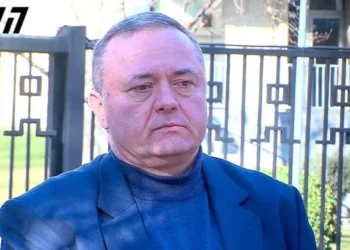Hungary has announced its intention to withdraw from the International Criminal Court (ICC), aligning the decision with the official visit of Israeli Prime Minister Benjamin Netanyahu to Budapest. Netanyahu is currently under an ICC arrest warrant for alleged war crimes in Gaza. Gergely Gulyás, Chief of Staff to Prime Minister Viktor Orbán, stated that the government would initiate the withdrawal process in accordance with constitutional and international law.
Prime Minister Orbán has been a longstanding ally of Netanyahu and has criticized the ICC’s actions as “brazen, cynical and completely unacceptable.” He emphasized that Hungary would not enforce the arrest warrant, asserting that the ICC’s decisions are politically motivated.
Hungary ratified the Rome Statute in 2001, establishing its membership in the ICC. However, Hungarian officials argue that the treaty was never incorporated into national law, thereby lacking legal grounds for enforcement within the country. The withdrawal process involves passing legislation and notifying the United Nations, with the exit taking effect one year after notification.
This move has drawn criticism from various quarters. The European Commission expressed regret over Hungary’s decision, noting that withdrawal does not negate existing obligations for cooperation with the ICC. Conversely, allies such as Israel have praised Hungary’s stance.
The ICC issued arrest warrants for Netanyahu and former Israeli Defense Minister Yoav Gallant in November 2024, accusing them of war crimes and crimes against humanity during the Gaza conflict. Both officials have denied the charges, labeling them as antisemitic.
Hungary’s decision to withdraw from the ICC underscores its support for Israel and reflects its broader skepticism toward international judicial bodies. The move also highlights the challenges the ICC faces in enforcing its mandates, particularly when member states choose not to comply.














